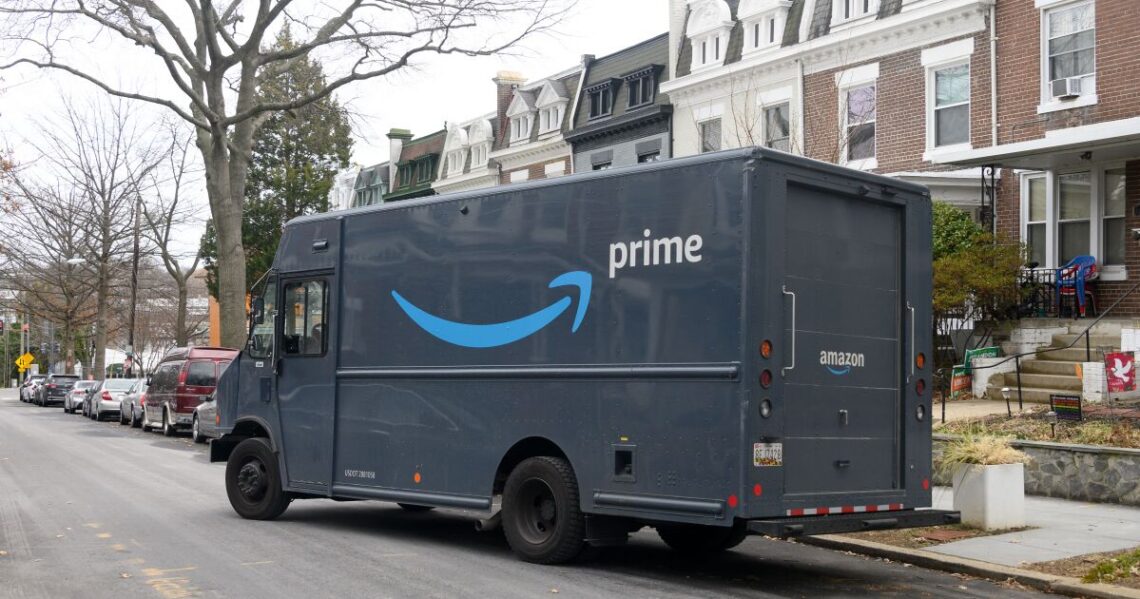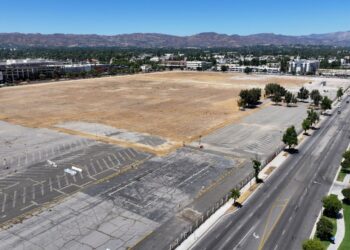In the 20 months since Congress passed the Inflation Reduction Act, which offered billions in subsidies for clean energy projects and electric vehicles, President Joe Biden has sought to supplement those climate carrots with a few key sticks. The Environmental Protection Agency has in recent months raced to roll them out, in the form of key regulations that penalize carbon emissions from power plants, oil wells, and passenger cars, under an effort to finalize new rules before the election.
-
This story was originally published by Grist. Sign up for Grist’s weekly newsletter here.
-
Grist is a nonprofit, independent media organization dedicated to telling stories of climate solutions and a just future.
The administration on Friday finalized the last of those rules, a set of strict standards for carbon emissions from big rigs and other heavy-duty vehicles. This regulation has been among the most controversial Biden climate rules, in large part because it pushes up against the limits of available technology: Freight companies and trucking industry advocates have argued that the rule could force them to abandon diesel engines before electric drivetrains are ready to replace them in long-haul tractor-trailers. The EPA weakened the rule from an earlier version in response to those concerns, delaying the mandate for the largest trucks by a few years.
But the rule goes beyond long-haul trucking. It also applies to a wide range of other heavy-duty vehicles, including garbage trucks, box trucks, cement mixers, and school buses. These vehicles spew toxic air pollution…
Read the full article here







